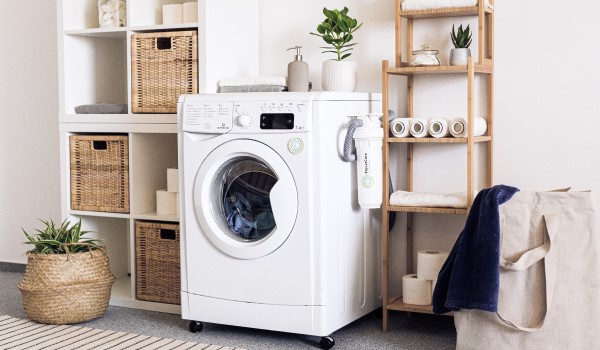What’s the Personal Savings Allowance?
Your Personal Savings Allowance, or PSA, is how much savings income you can earn each year before you pay tax, and the size of that allowance depends on whether you’re a basic or higher rate taxpayer. While there’s plenty of detailed information in the HMRC Personal Savings Allowance factsheet, we’ve explained the key details below. Check the GOV.uk website for more information on PSA.
What’s my Personal Savings Allowance?
If you’re a basic-rate taxpayer it’s £1,000, which means you can earn £1,000 before you have to pay tax on your savings income. For higher rate taxpayers, it’s £500.
What does ‘savings income’ mean?
It’s a term that means any interest you earn from:
- Bank and building society accounts
- Savings and credit union accounts
- Unit trusts, investment trusts, and open-ended investment companies
- Peer-to-peer lending
- Trust funds
- Payment protection insurance (PPI).
Your allowance also includes the interest you earn from:
- Government or company bonds
- Life annuity payments
- Some life insurance contracts.
So, how much can I earn before I get taxed?
More than you might think. For example, if you had a standard savings account with an interest rate of 1%, you’d need £99,999 in your pot before you hit your limit. If the rate was 2%, it’d be £49,997. Those are just rough examples based on an annual interest rate, calculated daily, and they don’t take into account withdrawals or further deposits. But they tell you what you need to know – you can save quite a bit without exceeding your allowance.
How does it work?
Banks and building societies don’t automatically tax your savings, and they haven’t since 6th April 2016. Instead, if you earn more interest than your PSA, you have to declare it to HMRC with your tax return. Unless you’re a higher earner or have saved up a very big sum of money, you shouldn’t have to worry about it; you’re unlikely to go over your limit.
What about interest on joint accounts?
It’s quite simple, really. The interest will be split equally between the two account holders, then count towards your individual PSAs.
Will my ISA interest count towards my Personal Savings Allowance?
No, it doesn’t – that’s what we mean when we say ISAs are tax free. You won’t pay any tax on the interest you earn from money in ISA accounts, and it doesn’t count towards your PSA.
Do I have to tell my bank or building society about my savings income?
No, you don’t. Your tax status and savings income is personal to you, and it’s up to you to declare any taxable interest to HMRC. So, you don’t have to share information about it with your account providers, and they won’t ask either.
Why do I need an ISA if I’m unlikely to pay tax on my interest anyway?
Good question. There are lots of reasons why you might still benefit from an ISA, and these are some of the most important:
- With an ISA, your money is protected from tax year on year. Even if the Government changes the rules on your Personal Savings Allowance, you won’t have to pay tax on your ISA interest.
- If you move into the higher tax band, your Personal Savings Allowance will be cut in half. But if you’ve saved money into an ISA, you still won’t have to pay tax.
- Fluctuating interest rates will affect how much you can save before you pay tax. When you save into an ISA your interest will always be tax free, so you won’t have to keep an eye on the rates to be sure you haven’t gone over your limit.
- If you have a lot of savings you could set up a new ISA each tax year and section off £20,000 per year from your PSA.
Now you understand your Personal Savings Allowance, you might like to learn a bit more about ISAs. Read our article on tax-free savings.
Reviewing your savings
We always want the best for our members, which is why we recommend that you should regularly review any savings you have; either with us or elsewhere. Ensure that you're still getting competitive rates (where you aren't locked into a fixed term product) and that your accounts continue to help you reach your savings goals.
See our full range of savings accounts, compare interest rates and find the right product for you.
See our savings products








